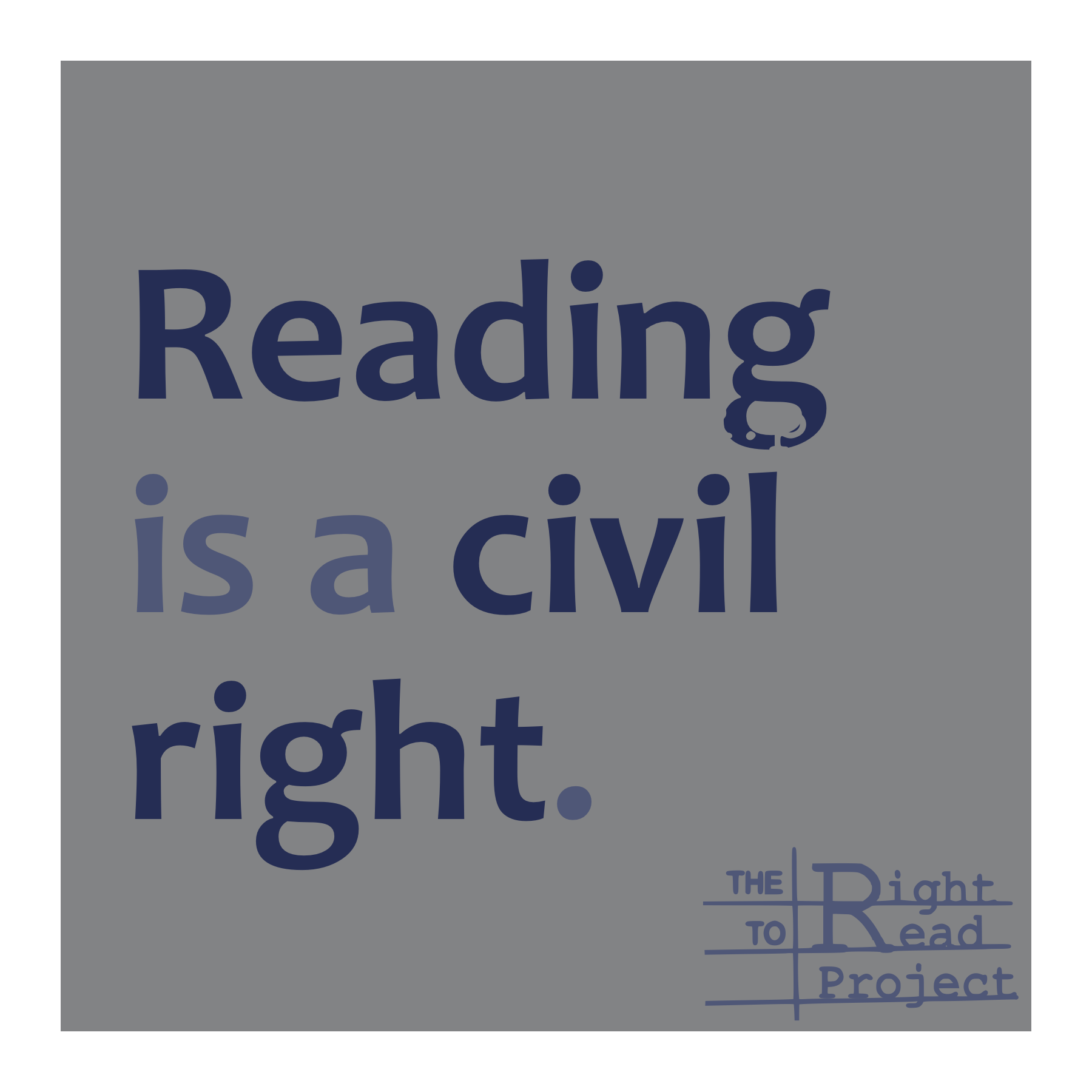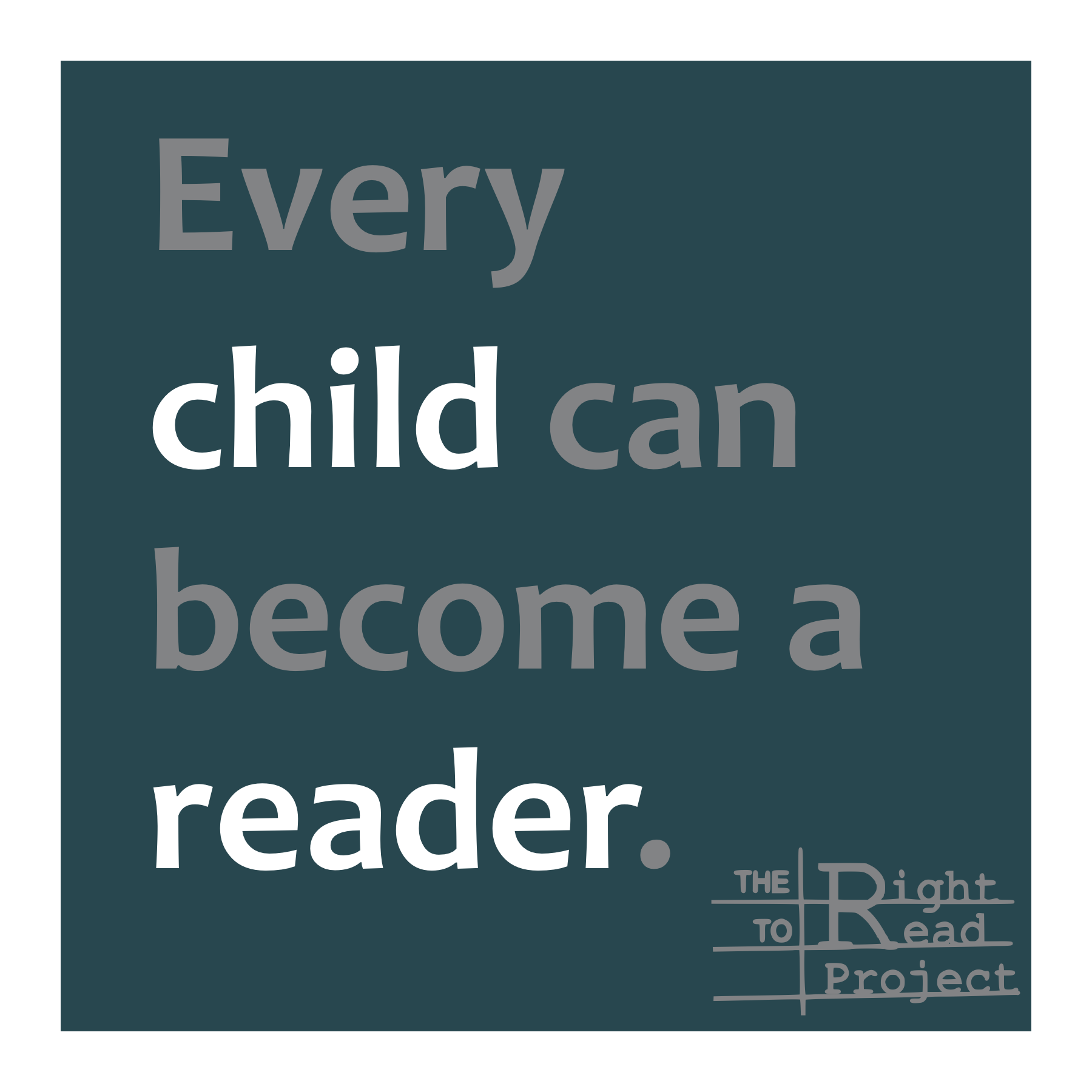Just as the school year began, Natalie Wexler’s Knowledge Gap and Emily Hanford’s At a Loss for Words shook the ground under Balanced Literacy. Optimists might assume that classroom instruction will be transformed as a result of these powerful publications, but if a teacher in my district heard the research and wanted to change her practice, she’d face a series of barriers.
Barrier: Formal Evaluation
The school year began with district and site-led professional development focused on the Fountas and Pinnell Benchmark Assessment. Teachers are required to use the assessment to determine each student’s reading level and to enter that data into the district’s data warehouse. The data is then used to set goals for the evaluation of teachers and schools.
To use a different data point for her evaluation, a teacher would need permission from her principal. Even still, she’d be required to collect and analyze F&P data because every school’s performance is measured by the assessment.
Barrier: Informal Evaluation
Prior to preparing their classrooms for the new school year, teachers were given a sheet of “look-fors.”
Failure to do any of the items on this list could put a teacher’s job in jeopardy because principals and district administrators visit every classroom to check for completion.
Barrier: Instructional Expectations
The Workshop Model is a required component of every teacher’s schedule. A teacher is expected to submit her weekly schedule to her principal and to display a daily schedule next to the objectives for students. The district’s instructional minutes allow for just 20 minutes of “Word Study” and require 45 minutes of Reader’s Workshop (a mini lesson from Units of Study: Reading, followed by Independent and Guided Reading using leveled books). For a teacher to provide direct, explicit, systematic instruction in reading, she would have to press leadership for both time and materials.
Teachers were expected to begin Readers Workshop within the first week of school and they are always required to display evidence of that instruction in their classrooms. Anchor charts for Units of Study are made of large self-stick notes printed by Heinemann, which teachers add to chart paper during each lesson.
These charts, visible to anyone who walks into the classroom, hold teachers accountable for teaching problematic lessons such as “Picture Power” (featured in At a Loss for Words), “Guess the Covered Word,” and “What Word Makes Sense?”
Barrier: Lacking Support
A teacher who wanted to implement evidence-based strategies would face pressure from administration and her colleagues. Teachers have invested so much of their own time, money, and energy in building leveled libraries, analyzing student reading behaviors, and developing their Units of Study that many would prefer to teach this year as planned, even if that means another cohort of students traveling through the grade without improved chances of reading success.
It is much easier and even safer for a classroom teacher to push out of her mind what she’s heard or read that runs contrary to the district’s BAL initiative. So while recent publications may have sown seeds of doubt in teachers’ minds, that’s not enough to change instruction.
We need to change the systems in which teachers work.
There is a popular saying:
“Do the best you can until you know better. Then when you know better, do better.”
Maya Angelou
However, knowing better will not result in teachers doing better unless the leaders of schools, districts, and states both require and support instructional change. Teachers can and do advocate within the educational system, but it’s risky because we are paid by those who make the rules. We need families, community members, advocacy groups, and policy makers to help us remove the barriers between us and best practices, so we can all do right by children.









In order for change to happen – teachers need “replacement behaviors” to be explained to them. If they shouldn’t do “just right books” and the language around that or other similar reader’s workshop language and things- they need a “to look for” document that counters this and provides them with what they should be doing instead. Just saying “direct and explicit” instruction is not enough.
I am a parent of school aged children in a system that recently adopted Readers Workshop, how can I best fight for Structured Literacy at my school and district? What can I say and do to bring LETRS (or other evidence based science of reading PD) to the attention of principals, teachers and other district level stakeholders? I want to fight for change but am at a loss for where to start.